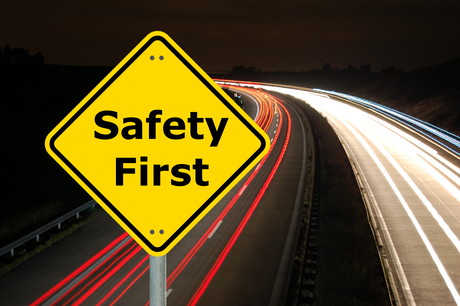Code for transport of dangerous goods updated

Changes will be made to regulations surrounding the transport of dangerous goods in Australia.
The Australian Code for the Transport of Dangerous Goods by Road and Rail will be updated to reduce the burden on industry when transporting low-risk items, and to bring it in line with new United Nations transport requirements.
In May, Transport Ministers approved version 7.6 of the code, with the changes effective from 1 July 2018 and compulsory from 1 July 2019.
National Transport Commission Chief Executive Paul Retter said one of the key changes included simplifying transport of lower-risk limited quantities of dangerous goods.
“Operators who transport low-risk dangerous goods in limited quantities such as household cleaning products, perfumes and cosmetics will no longer be compelled to abide by overly burdensome labelling and marking requirements, for example,” Retter said.
Every two years, the United Nations updates the Transport of Dangerous Goods Model Regulations. The United Nations recently approved the 20th round of changes to the United National model regulations. These model regulations are subsequently adopted by participating countries.
“The changes approved by Ministers on 18 May 2018 will ensure the code aligns more closely with United Nations Regulations,” Retter said.
Other changes include exempting mobile processing units (MPUs) from the code to remove duplicate requirements in other laws, as long as the MPU is authorised within each jurisdiction to operate. MPUs are vehicles designed to take raw explosive materials to mine sites where the explosive will be manufactured and used.
States and territories have committed to amending their local laws to align with making the changes from version 7.6 of the Code for the Transport of Dangerous Goods by Road and Rail to their local laws.
The National Transport Commission is responsible for the maintenance of the model legislation for the land transport of dangerous goods in Australia.
Version 7.6 of the code will be available on the NTC website in the coming weeks.
Melbourne Workplace Wellbeing Summit at WHS Show Melbourne
Running from 21–22 May, the Workplace Health & Safety Show Melbourne will feature the...
Do a young worker safety check-up this NSW Youth Week
With more than 15,000 of the state's 25-and-unders injured each year, SafeWork NSW is urging...
2025 Champions of Safety Awards nominations close 4 April
Nominations for the 2025 Champions of Safety Awards — an initiative by the Workplace Health...








